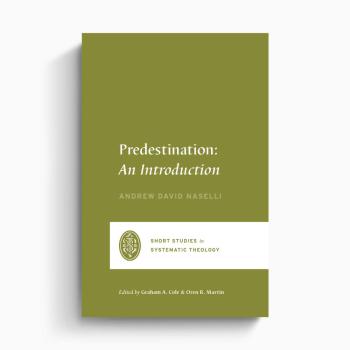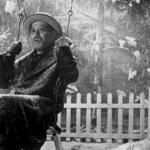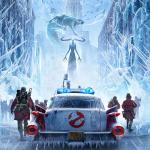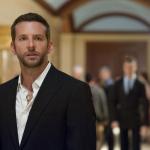Review of City at the End of Time by Greg Bear
By COYLE NEAL
“For he was looking forward to the city with foundations, whose architect and builder is God.” –Hebrews 11:10
What does this verse mean to a non-Christian? That’s the question engaged by Greg Bear in City at the End of Time. Basically, if Martin Heidegger, Albert Einstein, and Karl Barth had a Buddhist baby, this is the book that baby would have written. And that sentence should tell you whether or not you’ll like the story. If you don’t know those guys, you’ll find it incomprehensible. If you do know them, then your response to their ideas should further tell you whether you’ll like the book.
This is an incredibly complicated work of science fiction. Broadly speaking, the plot is that the universe is being consumed by chaos in the past, present, and future. This is the story of the resistance to that chaos by both the one place at the end of time it has not yet swallowed up (the City) and by three people in the modern world who have the ability to shift. That is, they can see the possible outcomes that their actions might have, and choose the most beneficial one. They can shift their fate. At the same time, two of these three people are having visions of the future City (and their counterparts in the City are having visions of the past). The primary weapon of the City and of the three shifters is a combination of observation and language. Both seeing and writing build up a bulwark of reality against the encroaching chaos. Through all the ages past, books have formed a sort of defensive shield that protects existence—a barrier of reason and order against the powers of irrationality and destruction—while spoken language and the memory of the past likewise build up the walls of reality against the mindlessness of unreason. Now, however, these defensive barriers—and even reality itself—are breaking down. The question in the book is whether the “real” will be able to stand against the onslaught of chaos. 
I should point out that the above summary is a massive over-simplification of the narrative of City at the End of Time, and one that is possibly inaccurate on several points. Which isn’t necessarily my fault. Because time itself is breaking down, Bear throws you into the middle of the story and gives no background to the disjointed narratives. The full picture of what is happening doesn’t emerge until well over two-thirds of the way through the book, by which point the whole thing is pretty confusing.
Despite how convoluted the story is at times, Bear has written a pretty decent piece of philosophical science fiction. This is a wonderful reflection on topics as diverse as the nature of existence; the problem of evil; the relationship between fate and free will; and the question whether the universe is naturally ordered, or chaotic, or some combination of both. The repeated theme of the book is the power of words as organizing agents in the chaos of existence. Reality is shaped and formed and maintained by words.
This is of course very close—though not identical—to the Christian doctrine of creation. While we would agree that words are the means by which order and reality are given to the cosmos, we understand that the “words” in question are not our words, but rather the Word of God: Jesus Christ. Reality is not subjective relative to our perceptions; it is rather objective relative to us because it is the result of the creative Word of an absolute and infinite Being. When God says “let there be light”, the resulting light is not manifest only when we observe it and capture it in writing; rather, it instantly is.
This is good news for us. The result of our Christian view of existence—even one based on a Word—is not fear that the universe will be consumed in some kind of cosmic chaotic uprising. Instead, we know that God has established an eternal kingdom—an eternal city—that will never be destroyed but rather shall overcome all the destructive forces sin can muster. Indeed, it already has overcome—its foundations are laid at the cross, where all the chaos and irrationality of our own rebellious natures are atoned for by that very same Word which spoke creation into existence. The result is the promise that the apocalyptic future threatened in City at the End of Time can never be more than an imaginative threat. For even when time itself reaches its teleological end, we have the promise that the City of God will endure for all eternity.
That said, this is a difficult book, but an excellent one for those interested in the various philosophical issues mentioned above. If you are interested in thinking more about these topics from a Christian perspective (time, existence, the nature of evil, etc), I recommend: Augustine’s City of God and Confessions (especially the last three books), and Jonathan Edwards’ Original Sin and The Mind.
(For a few brief notes that may help with some of the more difficult plot points in The City at the End of Time, see my blog. Though I recommend trying it on your own first.)
Coyle Neal received his Ph.D. in Political Theory from The Catholic University of America in 2012. He hopes to someday learn to use his powers for good and not for evil.












